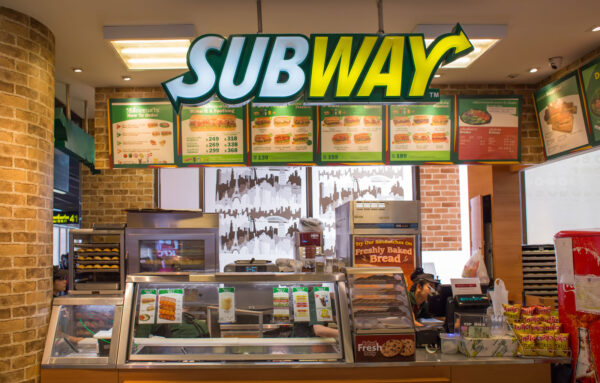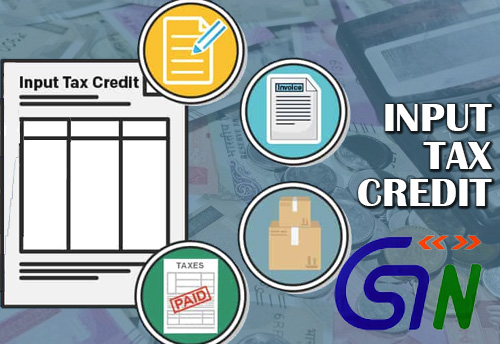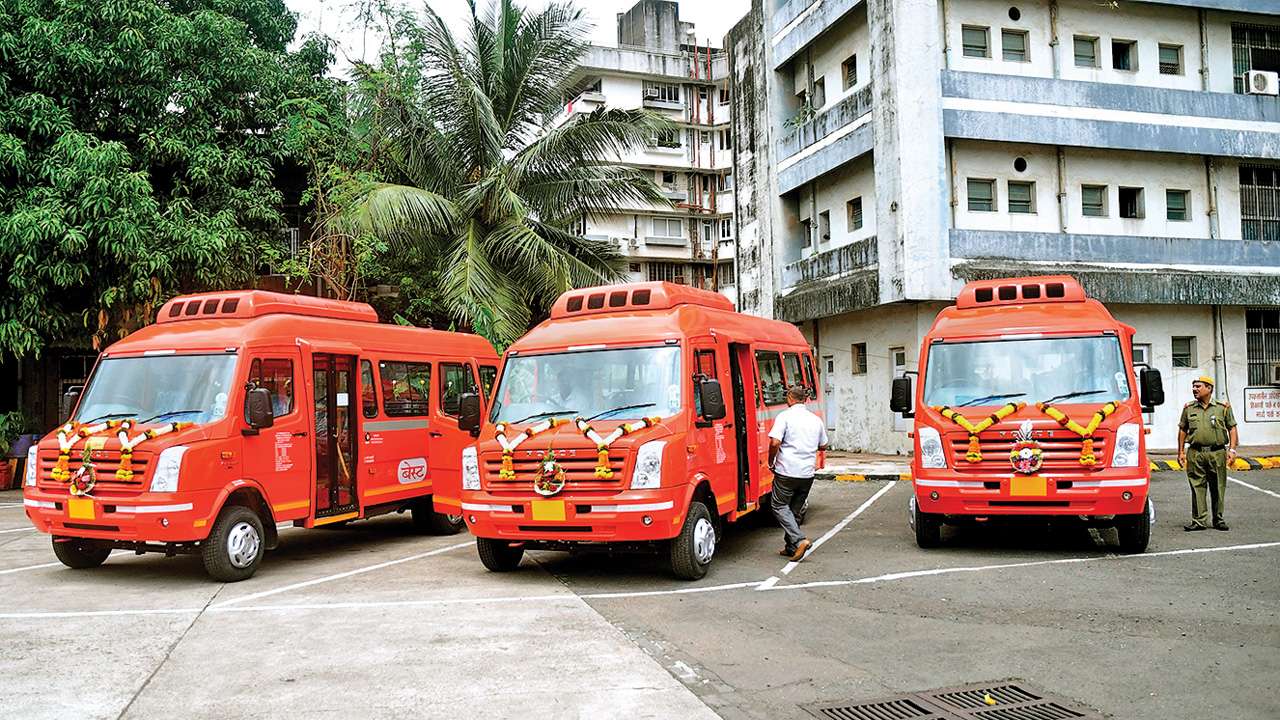The National Anti-Profiteering Authority (NAA) has recently in its order found the franchisee of M/s Subway System India Private Limited guilty of profiteering and directed the franchisee to deposit the profiteered amount with Central Consumer Welfare Fund and the Maharashtra State Consumer Welfare Fund along with interest. NAA further directed the Director General of Anti-Profiteering (DGAP) to conduct an investigation against all the Subway outlets of the Respondent.
Facts of the case:
The application had been filed under Rule 128 of the CGST Rules 2017, alleging profiteering in respect of restaurant service supplied by the Respondent M/s Lite Bite Travel Foods Pvt Ltd (Franchisee of M/s. Subway Systems India Pvt Ltd.).
In the application. it was alleged that despite the reduction in the rate of CST from 18% to 5% with effect from November 15, 2017, the Respondent had not passed on commensurate benefit since he had increased the base prices of his products.
Arguments of the Respondent:
The Respondent has claimed that he was operating both of his Subway outlets under investigation under the franchisee model, wherein Mis Subway Systems India Pvt. Ltd. was the ultimate authority which controlled the prices, POS and any revision in the prices and the Respondent has no real control over the prices of the products being sold. Therefore, profiteering, if any, should be demanded from the franchisor i.e. M/s Subway India.
The Respondent has further contended that the right to reasonable profit was a part of the right of trade and any methodology prescribed under Section 171 of the Act, ibid, could not be dehors a reasonable profit.
Order of NAA : Deliberation and Ruling
Upon perusal of the agreement between the Respondent and M/s Subway Systems India Pvt. Ltd. i.e, the franchisor, it is revealed that there is not any clause related to the control of the prices or MRP of the products supplied by the Respondent. The Respondent was free to fix the prices of his products.
Further, the provisions of Section 171 of the CGST Act, 2017 required a registered person under GST to pass on the benefit of additional ITC or reduction in the rate of tax by way of commensurate reduction in the prices of the goods or services supplied by him Hence, it is the responsibility of the Respondent to comply with the provisions of Section 171 of the CGST Act, 2017. Therefore, the contention made by the Respondent is not correct.
The Authority directed the Respondent to reduce his prices commensurately in terms of Rule 133 (3) (a) of the Rules. Further, since the recipients of the benefit, as determined, are not identifiable, the Respondent is directed to deposit an amount of Rs. 51,67.097 in two equal parts of Rs. 30,83,548.501 each in the Central Consumer Welfare Fund and the Maharashtra State Consumer Welfare Fund as per the provisions of Rule 133 (3) (c) of the CGST Rules 2017, along with interest payable 18% to be calculated starting from the dates on which the above amount was realized by the Respondent from his recipients till the date of its deposit.
The Authority also said that the aggregate amount of Rs 61,67,097/- shall be deposited within a period of 3 months from the date of passing of the order failing which it shall be recovered by the concerned SGST Commissioner.
NAA in its order further stated that as per the provisions of Section 171(2) of the CGST Act, 2017, it has reason to believe that there is need to investigate all the outlets of the Respondent since profiteering on part of the Respondent has already been established and accordingly it directed the Director General of Anti-Profiteering (DGAP) to conduct an investigation against other outlets of the Respondent.
READ / DOWNLOAD ORDER:
[wpdm_package id=’3774′]
***
[rainbow]Don’t miss the next GST Update / Article / Judicial pronouncement[/rainbow]
Subscribe to our newsletter from FREE to stay updated on GST LawSign Up
Resolve your GST queries from national level experts on GST free of cost.
TW Editorial Team comprises of team of experienced Chartered Accountants and Advocates devoted to spread the knowledge of GST amongst the various stakeholders.




